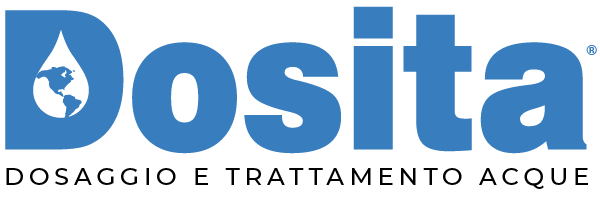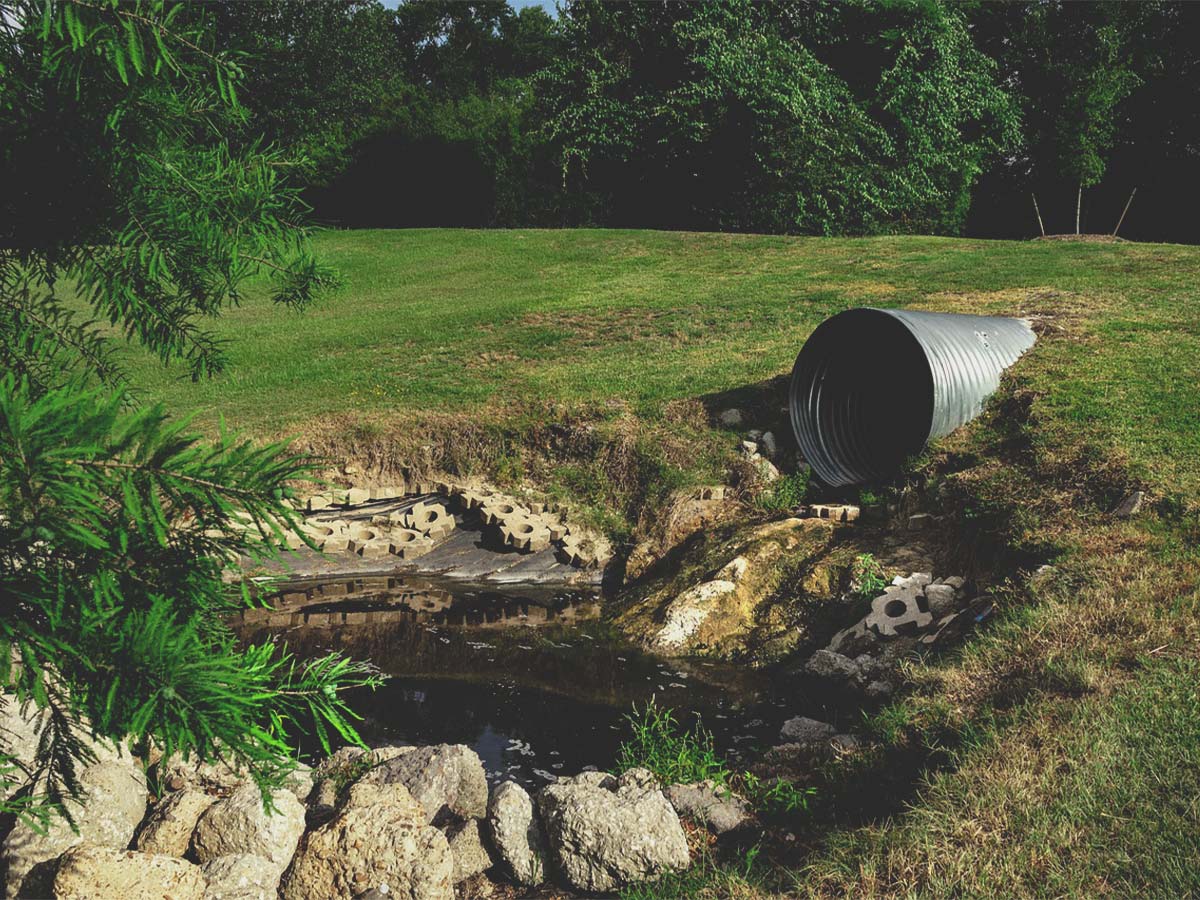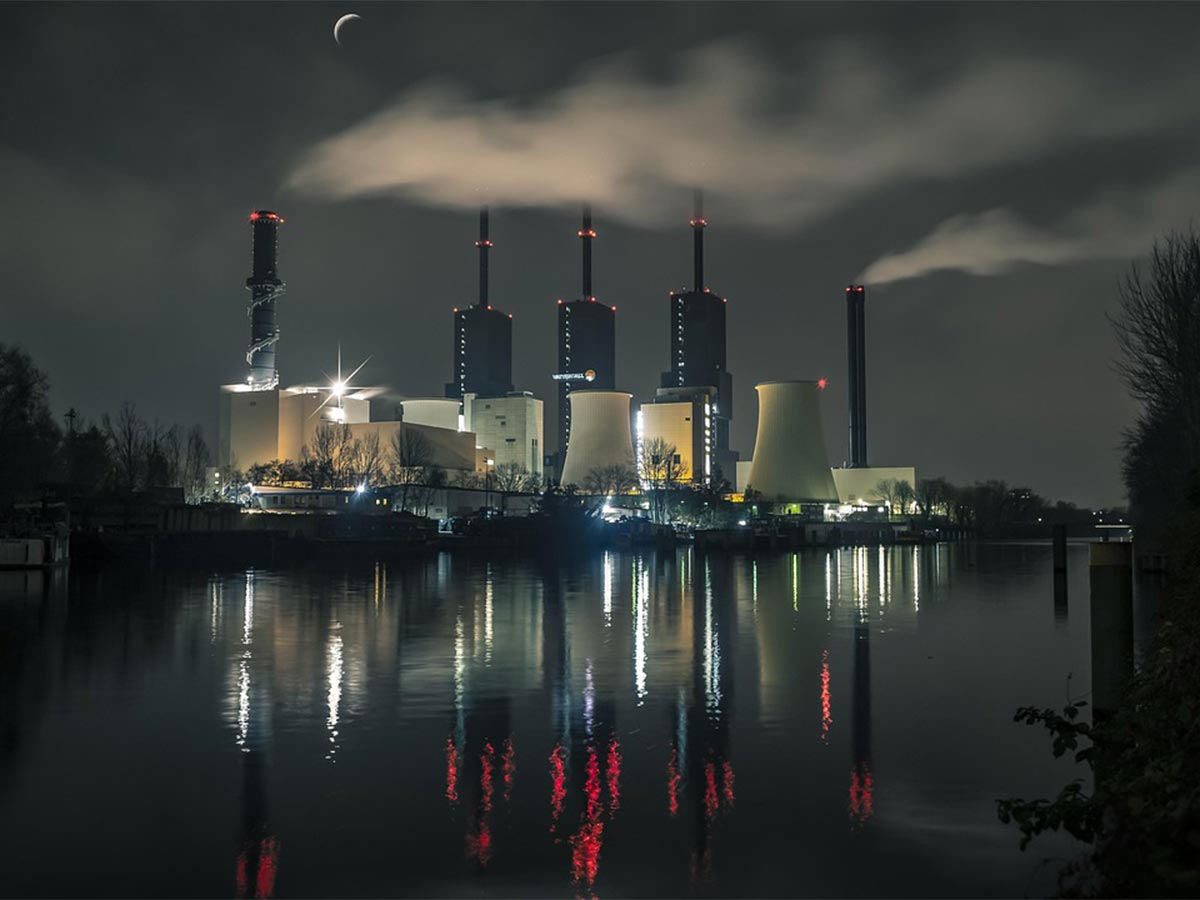Measurement and control systems in dosing and water treatment are essential to ensure the quality and safety of water. These systems monitor and regulate various parameters to ensure that water is suitable for its intended use.
Here is an overview:
Main Components
- Sensors: Measure parameters such as pH, chlorine, conductivity, temperature and water level.
- Dosing Pumps: Dose chemicals such as chlorine and scale removers in precise quantities.
- Programmable Logic Control (PLC): Receives data from sensors and regulates dosing pumps and other components to maintain desired parameters.
- Displays and Monitors: Display collected data and control information in a clear and understandable way.
Applications
- Drinking Water Treatment: Monitor and control parameters to ensure water is safe for human consumption.
- Industrial Water Treatment: Regulate processes to prevent damage to equipment and improve efficiency.
- Swimming Pools: Control chlorine and pH levels to keep water clean and safe for swimmers.
- Agriculture: Dosing and controlling irrigation to optimize water use and improve crop yields.
Benefits
- Precision: Ensures that chemicals are dosed correctly, avoiding overdosing or underdosing.
- Efficiency: Reduces operating costs by improving the efficiency of treatment processes.
- Safety: Protects both the environment and human health by reducing exposure to harmful chemicals.
These systems are essential for maintaining water quality in various settings.



